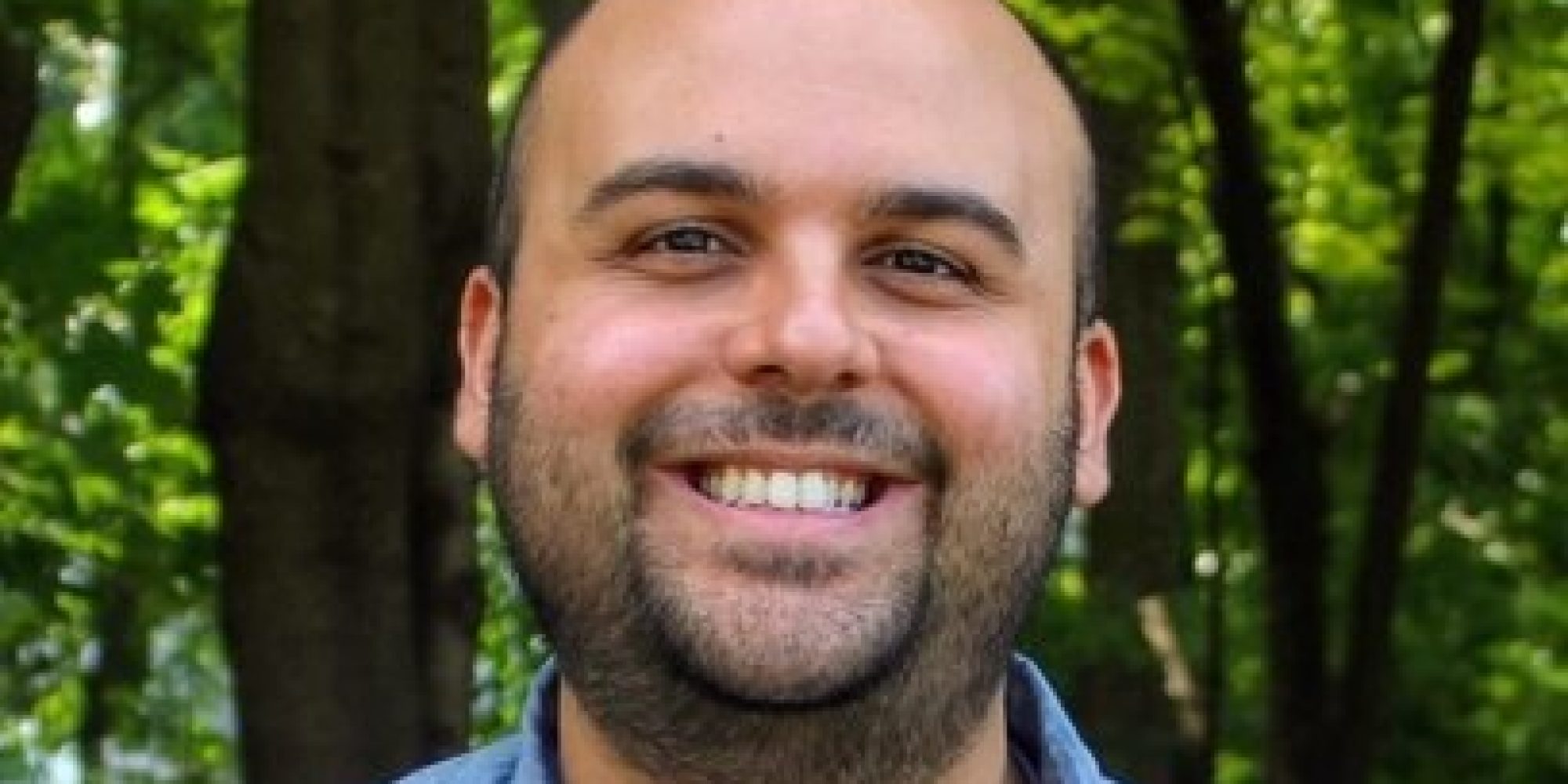Afropop Worldwide’s executive producer Sean Barlow was pleased to participate with our colleagues at Miracle Corners of the World (MCW) at their recent 18th annual gala at New York University. The non-profit MCW does important, original work in training emerging leaders in Rwanda, Zambia and Tanzania on leadership skills as well as basic literacy and numeracy skills. They also have a special focus on oral health. At the MCW gala, Sean was tremendously impressed by the video highlights of MCW program participants, testifying on the life-changing skills and confidence-building they earned by participating in MCW programs. After the gala, Sean came down via Zoom to interview MCW executive director, Khalid Elachi.
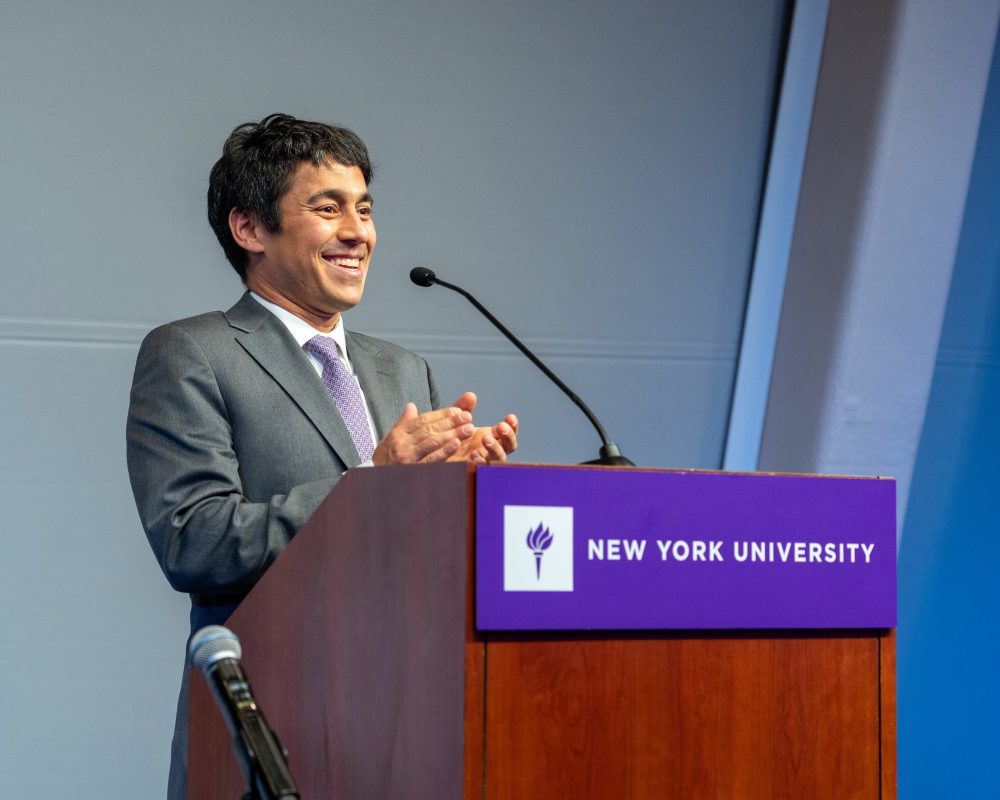
Sean Barlow: O.K., Khalid, let’s start off by welcoming you to Afropop Worldwide and why don’t you start by telling us your story about how you came to Miracle Corners of the World (MCW).
Khalid Elachi: I’m the executive director of MCW Global and I actually came into the organization when I was 17 years old. I was a participant in one of their young leaders programs. My father had been sitting next to Eddie Bergman (MCW co-founder) and his family at a Seeds of Peace program. For those who don’t know this is an organization that brings Israelis and Palestinians together for peace and conflict resolution building. So Eddie sat next to my dad and Eddie talked to him about the organization (MCW) he co-founded and his work with youth in Africa. And my dad said I have a 17 year-old son who is interested in that kind of work. So I participated as a high school student in their program and ever since I’ve been involved in various capacities--as a participant, as a fellow, an intern. I’ve had my hands in on a bunch of different aspects of the organization since then.
Great. Why don’t you tell us in a nutshell what the mission of Miracle Corners of the World is and what you actually do, especially in Africa.
As an organization, MCW is 23 years old. We were co-founded in 1999 by Eddie Bergman.Our mission at MCW is to address the communities’ pressing needs by empowering current leaders and readying the leaders of tomorrow. Our role as an organization is to really lift young people of the next generation with skills and the tools and the support that they need to make change in their communities no matter where they are from. We really focus on three core pieces which is education, economic security, and health. And the common thread that ties all of these three things together is leadership. So in everything that we do, we believe that there is a leadership component and we try to bring that into our oral health care work, our education work, even into our economic security. We want to make sure that every person that goes through our organization’s programs understands that they are and can be leaders in their communities.
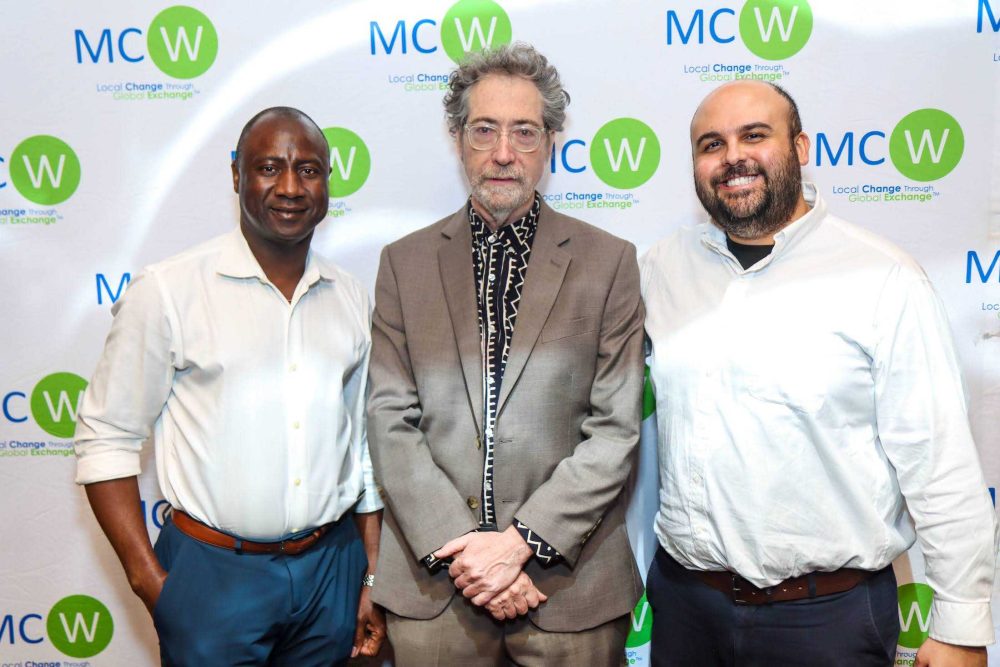
I was very impressed at your gala by the powerful testimonials by stakeholders on the ground, people who had actually gone through your program or are going through your programs now. Why don’t you choose a couple and tell us how they are involved and what they are learning from Miracle Corners of the World programs.
One of the things we really do is to present testimonials by the individuals who have been impacted by MCW´s work. One example that comes to mind that’s pretty recent is there is a young girl named Margaret from Chanyanya, Zambia. It’s a rural fishing village in Zambia and it’s about one and a half, two hours away from the capital Lusaka. It’s in a very remote rural area. One of the things that we do in Chanyanya is we have a literacy and numeracy program so what we do is attract young people, primary school, secondary school aged student who don’t know how to read or write and we take them through sessions and programs. The goal is to reintegrate them back into their classrooms and go on and continue their education should they choose it.
Back to Margaret and her family: They have been doing agriculture for many years and recently they have switched over to fishing. She supports them on the weekends and during the holidays to get the fish and also sell it in the local markets. She came into our literacy program last year and she was successfully reintegrated this year into secondary school. One of her dreams she told us is to be a nurse. Without her being able to go through our literacy and numeracy program, her dream could not have been. She wouldn’t have been able to continue her education. She’s now super excited to be able to go back to school and achieve her dream of being a nurse. One of the amazing things is that we are able to work with these young people, to not only to read and write, but to get them to feel empowered themselves as leaders in their communities and so they can go back and continue their education.
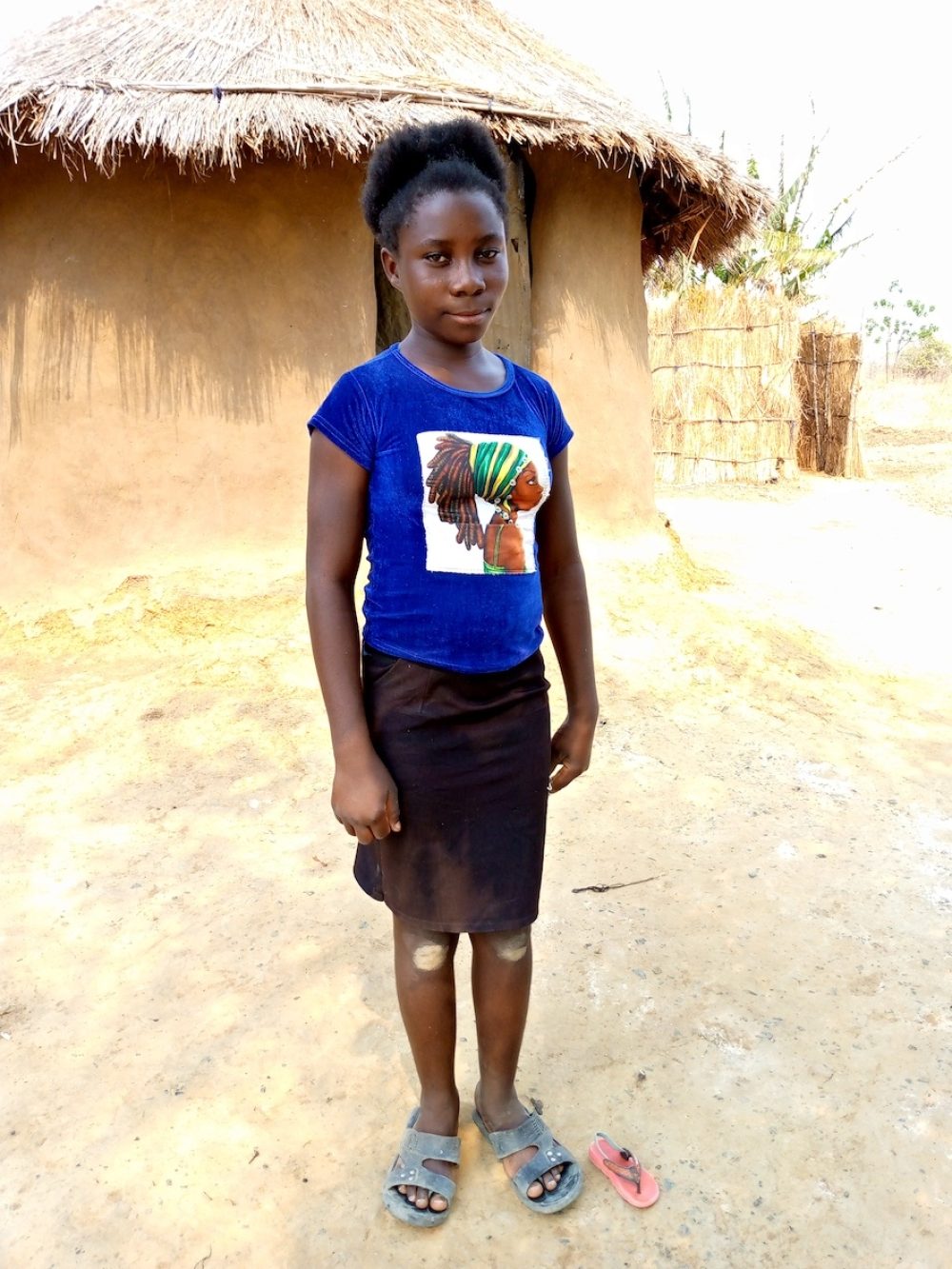
By the way, what is numeracy?
Math. Being able to write numbers. Being able to add and subtract very basic mathematics, so we work with them to make sure that they have a skill set to learn how to read and write and do basic math.
O.K.! Got to be able to do basic math.
Another example comes from Tanzania and Rwanda where we work with dental schools. Dental therapy for the western audience, it’s like a dental hygienist. They are a step before a dental hygienist but not a dentist. The second and third year students work with them to understand the importance of community oral health. To help them understand that they can impact their communities. The last cohorts for the past six years have been able to graduate and go back into their communities and teach their parents oral health prevention. Brushing their teeth, flossing, making sure that they use toothpaste and a toothbrush. So these dental therapy students did not have the experience to have practical hands-on experience before. And so with our intervention we are working closely with the schools so that they can go in and teach kids how to brush their teeth. And on top of that, once they graduate, they go back into their respective communities and can continue doing this work. So we can connect them with toothpaste and toothbrush providers who donate the toothbrush and toothpaste for the students to use for free and give out and distribute to these young people. And what we realized is that receiving that hands-on treatment while they are all still in school has increased their confidence in being able to go out and continue their work once they graduate.
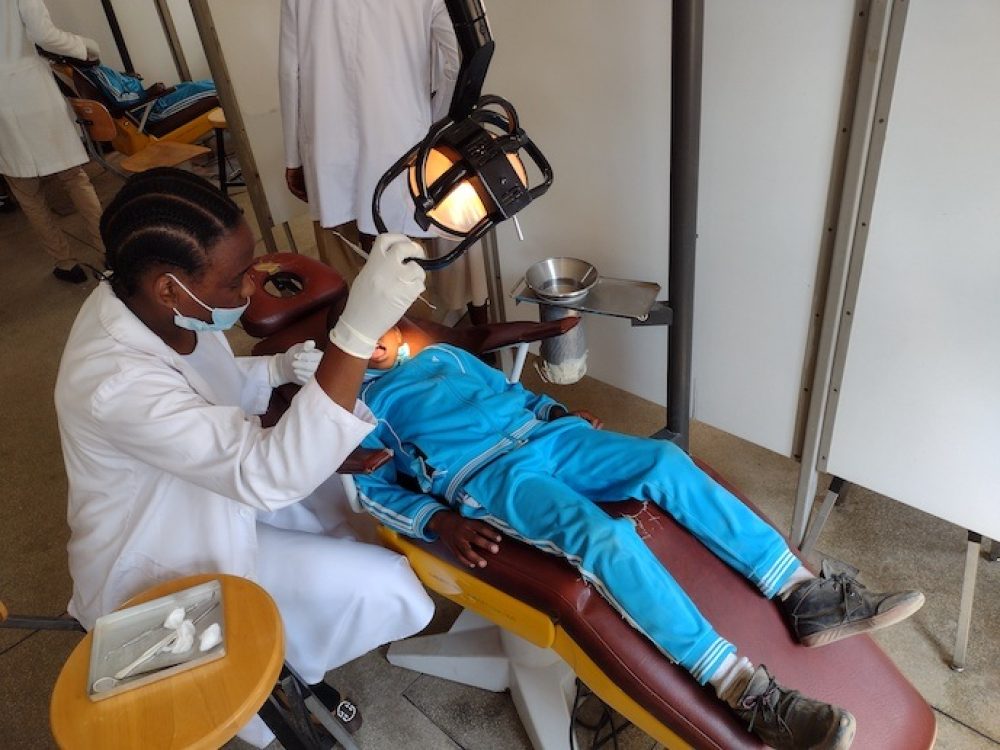
Khalid, let’s talk about the 18th edition of your MCW gala—the first one since COVID. Tell us your vision. What is your strategy for the gala because what I saw was a very successful gala with a goal of raising some $900,000 which I understand is the entire WCW anual budget. As a fellow non-profit executive director, that amazes me that you can do all these programs in three countries in Africa with staff on the ground on the continent and a small core team staff back in the U.S.
I’m glad you were able to attend our 18th gala. This is a hybrid gala—both live in-person and online. So for the first 15 years since 2005, we’ve been running in-person events at New York University with over 400 hundred guests from the public sector, the non-profit sector, the private sector. In 2020 with COVID and everyone staying at home, we switched over to a completely virtual event. In 2020 and 2021 we had successful virtual programs, where we were able to get a bunch of testimonies and recordings and share them with our beneficiaries and supporters. This year was exciting and different because it was our first time doing a hybrid, so we held our in-person event at NYU again and we were able to livestream the event to those joining us from home. So that added to the ability for people from across the world to join. We had some of our team members from Zambia and Tanzania join us remotely and they were able to celebrate the event as it was happening. The other successful part was we had 200 guests join us that evening and they were able to network and connect with other individuals who are supporting our cause.
Yes, for me it was a treasure trove of networking. I met the South African consul general at the U.N., the founder and director of Human Capital Africa (and former candidate for presidency of Nigeria), leaders in the law firm Cleary Gottlieb who support MCW's work (they do not provide pro bono work) (an executive at Cleary Gottlieb accepted the MCW Community Partnership award), the director of N.Y.U.’s Africa House, the senior VP of one of your corporate sponsors (U.S. Bank), an up-and-coming opera singer (Makudu Senaoana), who delivered an impassioned performance at the gala, and many others. Thank you for such a rare networking opportunity! Moving right along, Khalid, let's talk about the future. What countries do you operate in presently?
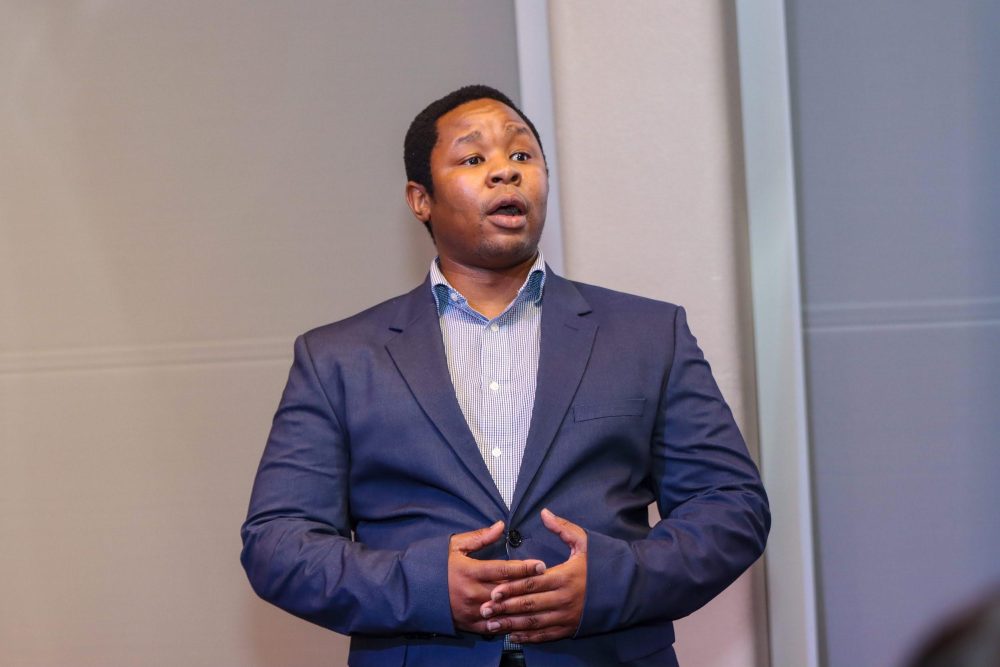
Right now we operate in Rwanda, Tanzania and Zambia. We have affiliate organizations there. They are all locally run and locally registered and MCW has been the main source of support for these organizations both in financial and programmatic development. In Tanzania we focus solely on oral health. In Rwanda we are starting to incorporate oral health but also vocational training and skills development. The same thing with Zambia--it’s very much focused on soft skills and vocational training development.
So I’m hearing you at MCW are supporting the core skills of literacy and numeracy as your number one goal. Do you get involved in the creative industries at all? Music, music videos, visual arts, photography, dance, gaming, all those kinds of things?
That’s a good question. In Rwanda they have a graphic design course that they do and also a youth traditional dance group. Rwanda has a very distinct style of dancing so we’ve been working with young people in the community to have a dance troupe. In Tanzania while we were doing vocational training and social programming, we did have some cultural dance troupes that we´re developing at the center. Other than that, the majority of the work that we do is what the community needs based on the needs assessments.
How many people--staff and/or participants—do you estimate or know are in your three current countries in Africa?
In each of our countries we have about three to six staff members depending on the location. In terms of the number of individuals who pass through our centers for our programs, it’s tens of thousands of individuals.
Tens of thousands? How can three to six staff members manage tens of thousands of individuals?
Our claim to fame is that we are small staffed but we try to put out a lot of work. In Rwanda we have three full time staff members who are able to run a dental outreach with dentists for over 11,000 people in the last six months. That’s just the dental outreach program. Globally as an organization again it's tens and tens of thousands of individuals who are impacted by the work that we do.
Great. Final question. We know who you are now and why you do what you do. What’s MCW’s vision? What’s your strategic plan? Where do you want to be in three to five years?
We just launched our second strategic plan as an organization. We did an internal six-month plan that will last us for the next five years. As an organization we are looking to expand our work to reach the most vulnerable populations, so people with disabilities, working with teen moms, working with rural communities who don’t have access to that last-mile approach. And also incorporating technology in everything that we do. So whether it be an evaluation or a programmatic impact we want to incorporate technology. One of the other big strategic plans that we have is helping our teams and continuing to provide educational support and professional development for our team members so that we can continue to have an exponential reach with the work that we do.
I´m curious, as you know, about the LGBTQ community in your work. As you know, in Africa, LGBT folks suffer a lot of discrimination and hatred. Do you try to include include LGBTQ youth in your programs?
In our Africa programs, it is up to the local affiliates. They know best and they have a local board so they set the tone for the organization. As an organization, we work with young people from all around the world and one of the issues that come up is gender and LGBTQ rights. We have had a lot of participants who come through, who are passionate about that aspect of the world. There are some young people who come through our young peoples programs who we work with, who are very much activists in the LGBTQ community. But in terms of the actual programmatic side our Rwanda, Zambia and Tanzania affiliates, they are the ones who set the programmatic strategy for the organization. We are an organization that accepts all, welcomes all, we try to be as diverse as possible and even staffing is very diverse in all thee main religions represented—Christian, Muslim and Jewish. We are diverse in terms of where our staff come from in the world. We pride ourselves on being diverse and accepting of all.
So you said three religions--Muslim, Christian and Jewish. Are there Jewish people in sub-Saharan Africa?
We are a global organization. I´m talking about MCW Global and yes, there are Jews in Africa.
Come to think of it, awhile back, we did a whole program on a Jewish community in Uganda and their musical traditions.
Yeah, there’s Kenya, Uganda recently, and of course Ethiopia.
Very good. Is there anything else you would like to add, Khalid?
We’re a small impactful organization. We put all the donations and the support that we get directly into the work that we are doing in eastern and southern Africa and across the world.
Great, Khalid. Thanks for taking the time to tell us about MCW Global. Congratulations on your work, and best of luck with your future. I look forward to your next gala in 2023! And give my best to Eddie Bergman [former president of the African Travel Association (ATA)] who invited me make a presentation on cultural tourism at your conference in Addis Ababa, Ethiopia.
If you are interested in learning more about Miracle Corners of the World, check out their website www.mcwglobal.org.
Related Articles








